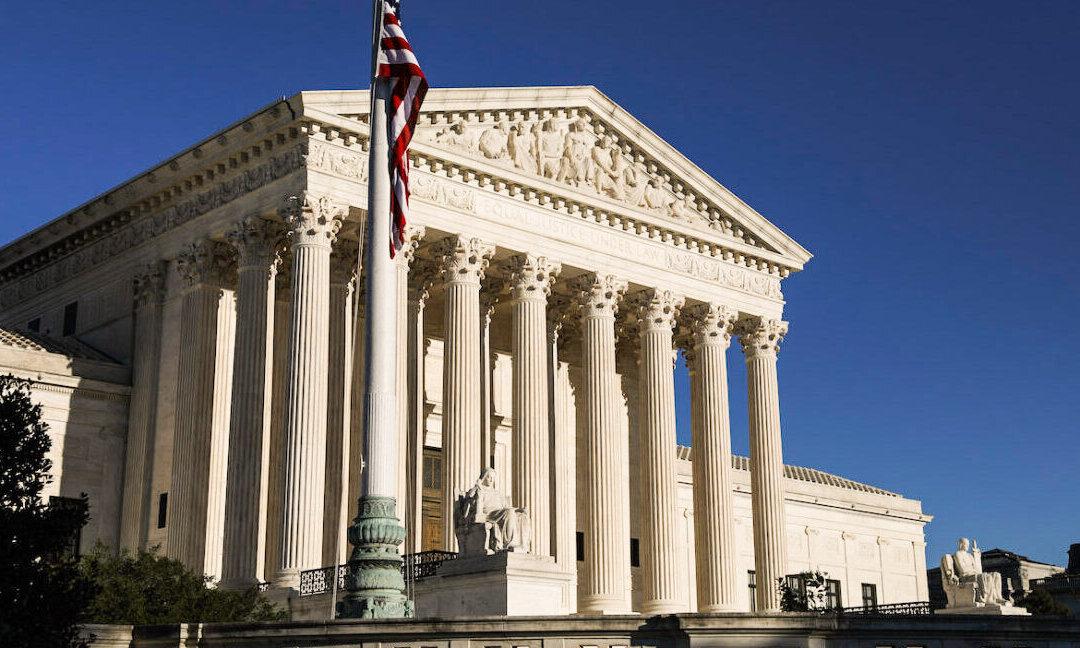A Muslim terrorist’s lawyer asked the Supreme Court to allow his client to depose two former Central Intelligence Agency contractors about waterboarding at CIA black sites in connection with a Polish criminal investigation into that nation’s involvement in the CIA’s clandestine detention and interrogation program.
Zayn al-Abidin Muhammad Husayn, 50, also known by his nom de guerre, Abu Zubaydah, was “an associate and longtime terrorist ally of Osama bin Laden,” according to the government.





